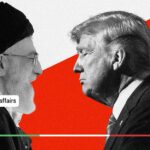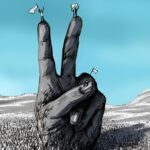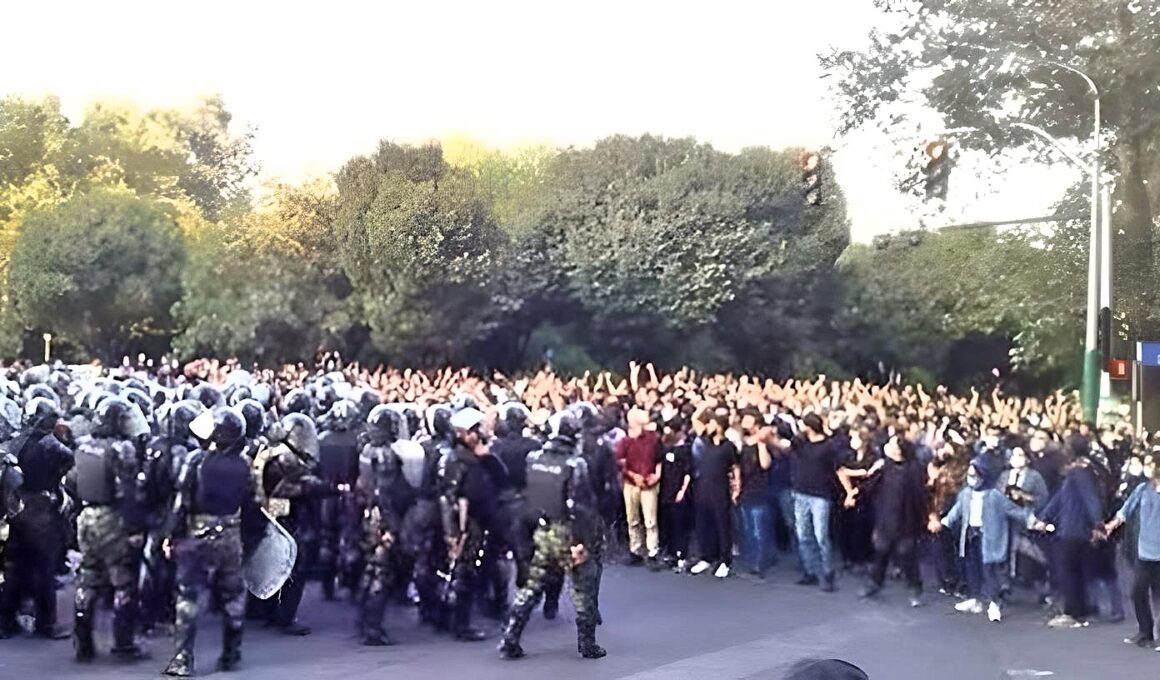After the long revolutionary wave of ‘Woman, Life, Freedom’, all political actors including the great nation of Iran understand more than ever that opportunities for historic change are not easily seized, and it is unclear when the wounded nation of Iran will decide to take to the streets again. On the other hand, the land of Iran under the yoke of the mullahs, faces increasing danger of decay, isolation, and poverty every day, and the suffering of the Iranian people has reached such a level that saving the country is a necessary and urgent matter. Right here is where the responsibility of the Iranian nationalists (Iran-Lovers) becomes apparent.
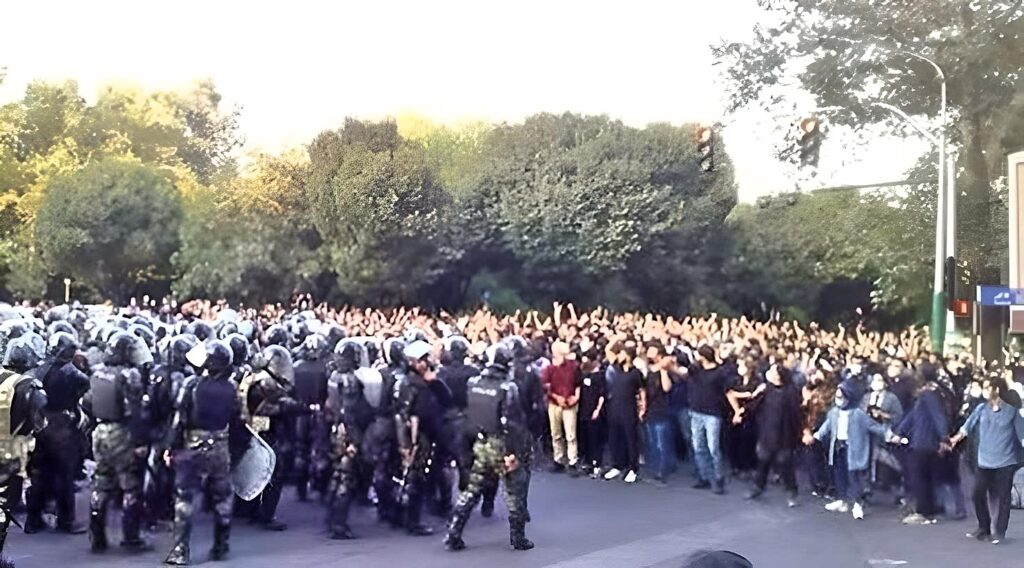
The Islamic Republic in Iran is not a normal government but, under the guise of a government with a parliament, administration, and judiciary, it is in essence an anti-Iranian cartel, and all decisions are derived from mafia-like mechanisms. For this reason, the fate of the Iranian people, who are the ‘other’ and in fact the primary enemy of the mafia, means nothing to the leaders of the Islamic Republic. In such a ‘stateless’ situation, the duty of Iranian nationalists (Iran-Lovers) in trying to save Iran is extremely critical. In a modern national government, security forces would gather information from across society to identify harmful trends and work to neutralize them, but in the Islamic Republic in Iran, it is the complete opposite: security forces strive to identify social, cultural, and political divides and deepen them to the benefit of the mafia’s survival. The political arena is contaminated with the same condition, and for decades the Islamic Republic has been launching security scenarios in an attempt to corrupt Iranian politics.
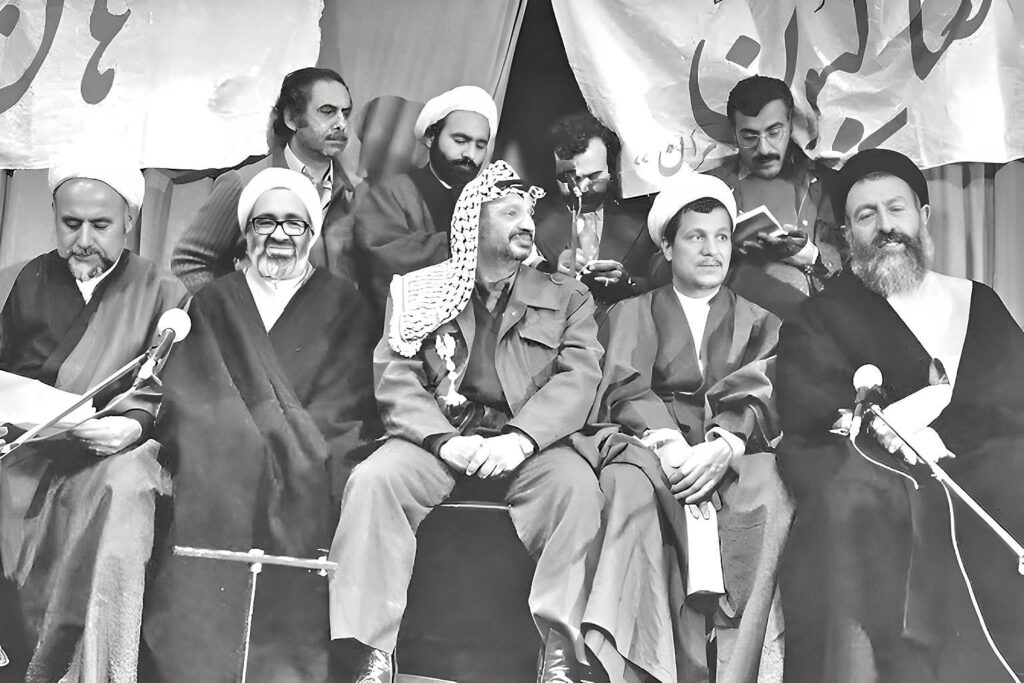
Majid Tavakoli, one of the political leaders within the country, believes that the reason for the failure of Iranians’ desire for change is the absence of an agent of change. An intellectual crisis and a lack of focus on ideas and analysis among the elite forces of society are reasons for the absence of a change agent. This crisis has been exacerbated by the growth of adventurism and clamor in the political arena and projects of character-building and character-demolition. In the thoughtless political and media environment, there is no opportunity for a political force that is capable of creating discourse, organizing, analyzing, adept at governing the country, and building consensus.
Due to various reasons, including the rupture of the political experience since February 1979 and the brutal suppression by the mullahs against any practice of politics, the body of Iranian politics has weakened, and its convalescence, including the experience of ‘Solidarity for Mahsa’, has also become apparent. When a significant action in partnership with ‘interns’ and ‘political tourists’ happened, who with their political naivety and inexperience, lack of ideas and analysis, lack of transparency, disregard for the challenges of legitimacy and political representation, relying solely on adventurism and clamor led solidarity to failure. Blurring the lines between journalism and politics is another example of the weakness in the political arena. The political field is weak when a news network veers towards character-building and political steering of the nation or a journalist presents and influences political strategies. Majid Tavakoli enumerates the characteristics of a credible political force as follows: ‘A credible political force should have the ability to provide political responses to the key questions and issues of Iran, the ability to clearly envision the future, and the ability to dialogue with other forces. It should have a significant and trustworthy track record and understand the necessity and nature of a political solution.
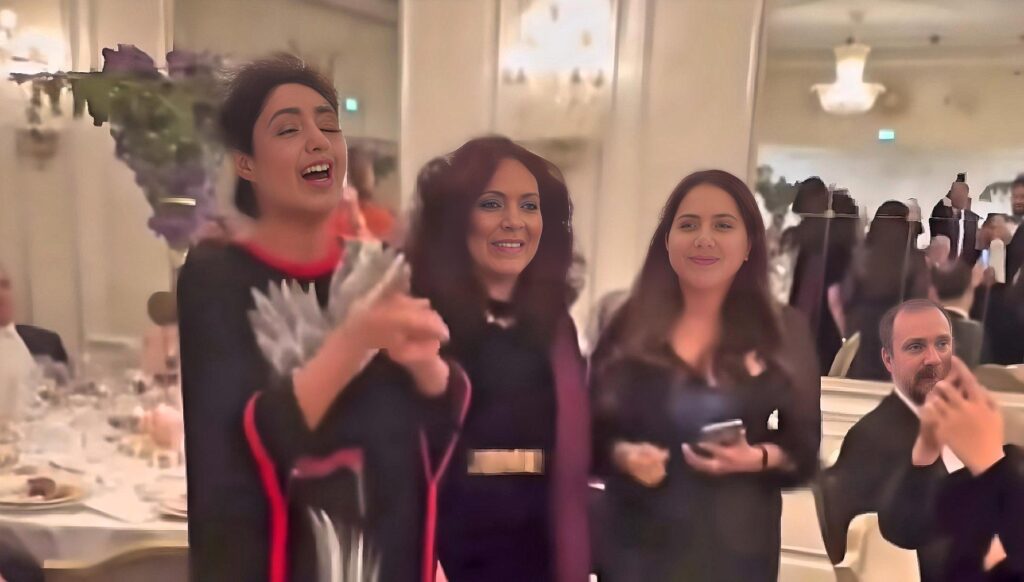
Iranian politics is extremely frail, and the first duty of the Iranian nationalists (Iran-Lovers) is the revival of politics. Practicing political matters means organizing, striving to solve the problems of the Iranian nation, defending national interests, maintaining Iran’s independence, and transparency and accountability as the foundations of political legitimacy. It is vital to create a political organization that is regulating and identity-forming. In this organization, the mechanisms for designing and implementing activities, decision-making, monitoring, and evaluation must be defined. The top of the hierarchy should have decision-making authority, and the bottom should have the ability to monitor and seek accountability. Saving politics is part of saving Iran. Majid Tavakoli believes, ‘Our issue is political and requires a political solution. Political representation is a serious challenge. Who represents the change seekers? The answer is not frivolous or opinion-based. It’s a political solution and finding a worthy political force that can lead the combative idea of change toward peace and tranquility is crucial. Reviving politics in the current climate is necessary.’
For Iranian nationalists (Iran-Lovers) to save Iran, they must initially be able to plan for the overthrow of the Islamic Republic. Focusing on a plan not only helps solve the problems of the Iranian nation but also leads to an increase in the political credibility of nationalists and ultimately overcoming the challenge of representation. According to Tavakoli, ‘In situations where organization is not possible and solidarity is flawed and hard to find, a plan can be an alternative. Here, a plan means detailed and cohesive answers to the key questions of change.’
The regime change plan must include a vision of change, i.e., provide the Iranian nation with a clear picture of how our fight with the Islamic Republic’s mafia is progressing and what our strategies are. Tavakoli says, ‘Anyone who can present a clear future vision and the ability to govern the country has a better chance, but the main issue remains presenting a clear picture of change. A vision that can garner public support and be inspiring and meaningful for those who participate in change at any cost.’ Ideas like reforms, coups, and transformations are failed and anti-national. Reforms are the biggest political deception of our time, and coups and transformations lead to nothing but political passivity. Therefore, we must actively fight against the Islamic Republic.
Among civil – not armed – methods, one can refer to taking over the streets, strikes, and honorable sabotage. Taking over the streets, which Tavakoli correctly differentiates from simply being present on the streets, is not under the control of political forces for the time being. Calls to action are fragile, and the Islamic Republic employs all its security and military power to defeat these calls. Strikes are very complex. From organization to financial challenges, a strike turns into a difficult path that cannot start a domino effect of regime change.
However, honorable sabotage is a field that has the potential to turn the tables in favor of the Iranian nation, and the Islamic Republic is terrified of it. The flesh of the Islamic Republic is under the teeth of the people across the country! The assets of a government are always accessible to the people in that entire country, and in a war with a criminal mafia, ‘all’ mafia assets will be at risk. Honorable sabotage means inflicting the maximum damage on the regime with the least cost to the people, based on a decentralized model of struggle and draining the Islamic Republic’s strength. Its capabilities include imposing high economic and security pressures on the regime and breaking the cycle of hopelessness. These are the unique features of this tactic.

On the other hand, according to Majid Tavakoli, ‘The central idea of totalitarianism is to control people to the maximum extent they can tolerate.’ Therefore, Iranian nationalists (Iran-Lovers) must focus on the intolerable. He says, ‘Politicizing the intolerable can lead to nationwide protests, although it will not succeed without a worthy political force.’ Making the intolerable a political issue is another duty of the Iranian nationalists (Iran-Lovers). The execution of political opponents must be made intolerable; just as the plunder of Iran’s national wealth through corruption and embezzlement, mandatory hijab, and the world’s acquiescence to the Islamic Republic’s terrorist cartel. It is up to the Iranian nationalists (Iran-Lovers) to politicize these matters.
Iranian nationalists (Iran-Lovers) have taken the initial steps in presenting a vision of Iran’s future, but many details still need to be provided. Iranian nationalism, which is based on the establishment of a national (modern) state founded on liberal democracy, the preservation of Iran’s territorial integrity, the Universal Declaration of Human Rights, and secularism, guarantees the rights of Iranian citizens, freedom, and development. Rational decentralization, which is based on the context of Iran – away from the dangerous ideas of federalism – will liberate potentials throughout Iran and ensure national unity. Ideas such as making governorships and mayoral positions elective are implementable in this direction and will address all the civil concerns of the Iranian nation in various provinces. Tavakoli believes, ‘Our issue is national and requires a national solution. Society is intensely nationalist. Iranian nationalism is liberal and civil. This nationalism, beyond patriotism, has evolved and been shaped by the issue of Iran. It is an answer to the clear vision of the future and the issue of development. It contains the desire for change and the reasons for change.’
Alongside all efforts focused on the vision of change and building political credibility, focusing on forming a ‘government in exile’ is another significant step towards the future vision. Iranian nationalists (Iran-Lovers) must demonstrate that the density of credible political force is so high that the Iranian nation can be reassured of their ability to govern Iran after the Islamic Republic. A consensus among a broad yet aligned spectrum of nationalists is required to form a government in exile. To take this big step, according to Tavakoli, ‘Political force needs political knowledge and experience. Problem identification, avoiding non-issues, and discarding mistakes are essential.’ Iranian nationalists (Iran-Lovers) have the support of the Iranian nation and must confidently prevent competitors from entrenching themselves behind concepts that are attainable in a national democratic government. By dialoguing with the Iranian nation from every ethnicity, gender, religion, and sect, the potentials of a future national and democratic government can be made clearer.
Overall, the dire state of decline and decay in Iran, as a wealthy land, and the unbearable suffering that the Iranian nation endures daily, obligates Iranian nationalist political forces (Iran-Lovers) to make the salvation of Iran their primary political goal and to deeply understand the urgency and necessity of this matter. In this difficult path, we must revive politics, which is impossible without rejecting adventurism and noise in the political arena, without ignoring manipulated processes of character building and character demolition, and without discarding the wrong people. Regime change in Iran must be understood as program-based, and a program means detailed and cohesive responses to the key questions of change. Presenting a vision of change is crucial, a vision that can garner public support and be inspiring and meaningful for those who participate in change at any cost. Ultimately, anyone who can present a clear future vision and the ability to govern the country has a better chance. Iranian nationalists (Iran-Lovers) must demonstrate that the density of worthy political force is so high that the Iranian nation can be reassured of their ability to govern Iran after the Islamic Republic.
